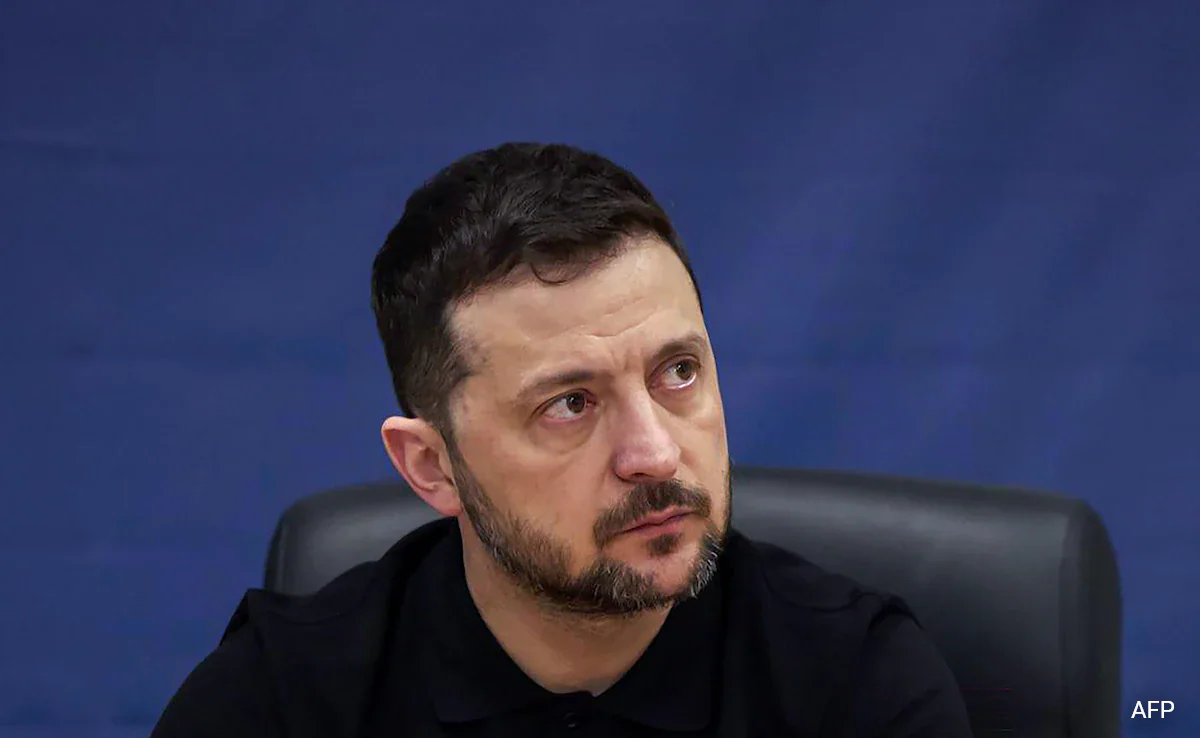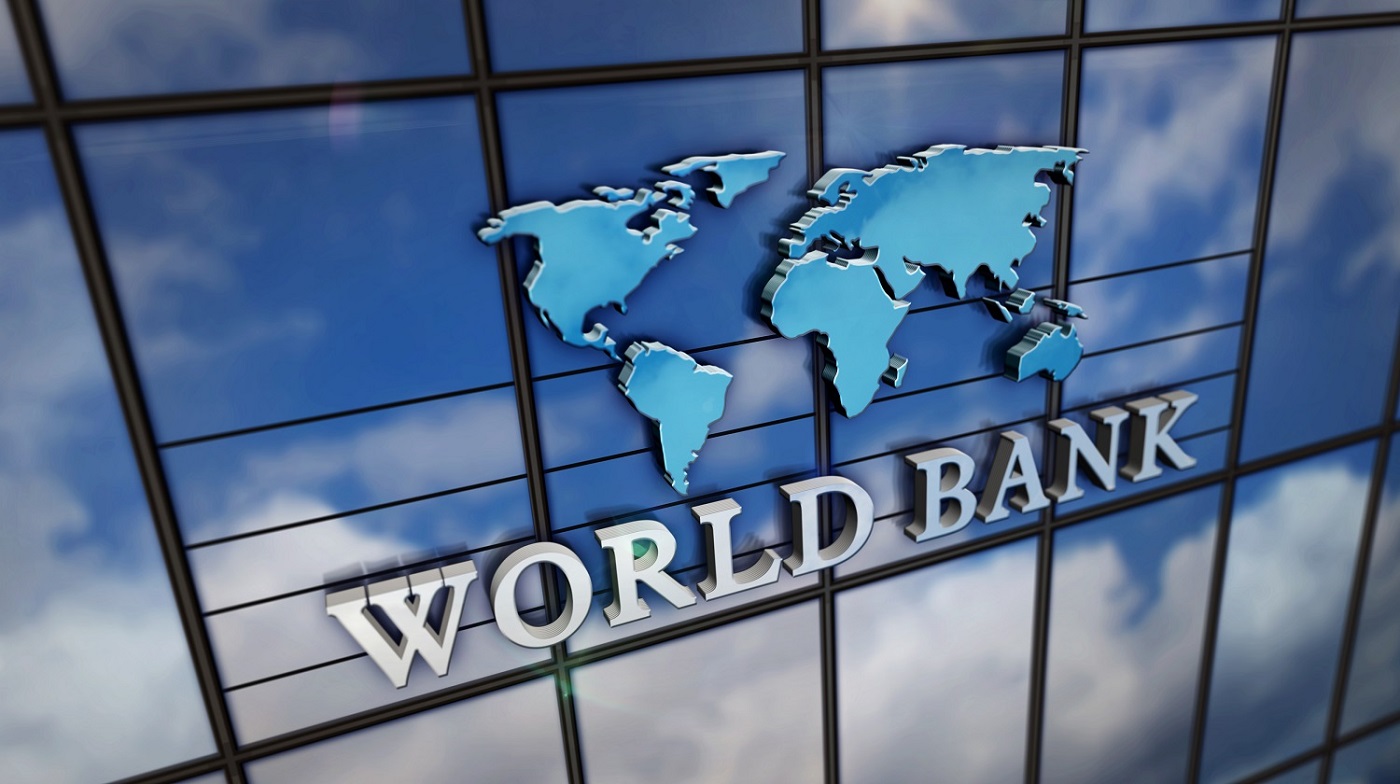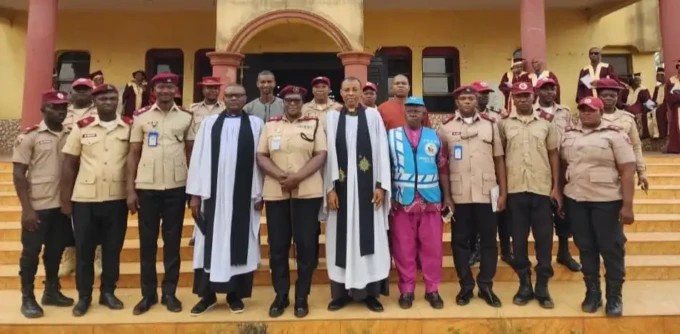Ukrainian President Volodymyr Zelensky delivered a firm message at the Munich Security Conference on Saturday, emphasizing the necessity of involving both Ukraine and Europe in any discussions aimed at ending Russia’s war against Ukraine. His statement comes in the wake of U.S. President Donald Trump’s unexpected agreement to meet with Russian President Vladimir Putin to initiate peace talks.
Zelensky’s insistence on inclusivity in peace negotiations was clear: “No decisions about Ukraine without Ukraine, no decisions about Europe without Europe. Europe must have a seat at the table.” This declaration underscores his frustration with the unilateral moves by the U.S., which he perceives as sidelining Ukraine’s interests and European participation in the peace process.
The context of Zelensky’s comments follows Trump’s announcement, which caught both Ukraine and its European allies off guard. The prospect of a U.S.-Russia dialogue without a clear, collaborative strategy has raised concerns in Kyiv about the direction and outcomes of such talks. Zelensky has been pushing for a “common plan” with the United States to counter Russian aggression but admitted after a meeting with U.S. Vice President JD Vance that a unified stance was still elusive.
He stressed the importance of real security guarantees before any ceasefire could be considered, highlighting the need for robust sanctions against Russia and the enhancement of Ukraine’s military capabilities. Zelensky also floated the idea of deploying European troops as peacekeepers but indicated that further discussions with European leaders were necessary to flesh out the details.
The Ukrainian President expressed skepticism about the intentions behind the U.S.-Russia dialogue, suggesting that Putin might be looking to leverage Trump for political gain, possibly by inviting him to Russia’s WWII victory parade in May. Zelensky warned against such maneuvers, emphasizing that any peace must be “real” and not just a temporary cessation of hostilities without addressing the underlying issues.
Moreover, Zelensky pointed out the complexities in dealing with Russia, noting that Putin’s regime relies on conflict to maintain internal cohesion and power. He advocated for a united front between the U.S. and Europe to pressure Russia effectively into a genuine peace process.
On the economic front, Zelensky mentioned ongoing discussions with Washington about accessing Ukraine’s rare earth deposits, hinting at a possible trade-off for security support. This negotiation could be pivotal for Ukraine, given its strategic position and resources.
In his broader message to Europe, Zelensky called for a more assertive European stance, urging the continent to act decisively for its own security interests. He suggested the creation of a European army as a means to assert Europe’s geopolitical influence and to prevent being marginalized or dictated to by external powers.
Zelensky’s speech at the Munich Security Conference was not just a plea for inclusion in peace talks but also a call to action for Europe to rethink its strategic posture in the face of ongoing threats from Russia, especially with uncertainties around U.S. policy under its current leadership. His remarks reflect a deep-seated concern about being left out of crucial decisions that will shape Ukraine’s future and Europe’s security landscape.












Should Europe really be involved in peace talks? Lets discuss the pros and cons of Zelenskys suggestion. Thoughts?
Shouldnt we focus on supporting Ukraine directly instead of waiting for peace talks? Zelensky needs action, not just words.
Should European countries have a bigger role in the peace talks? It could bring a fresh perspective to the table. What do you think?
Isnt it time for Europe to step up and take a more active role in the peace talks? Lets hear your thoughts!
I dont get why Europe needs to be involved. Let the US and Russia sort it out. Too many cooks in the kitchen!